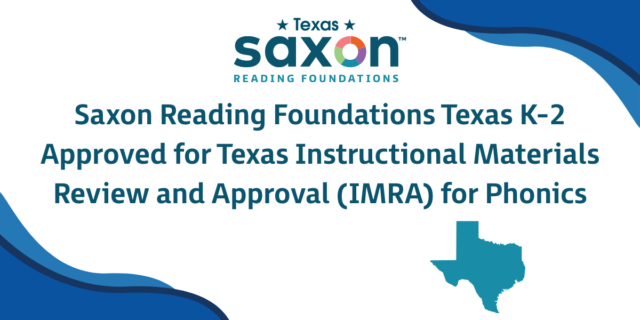
By Anna Gratz Cockerille
If you are an educator with some time away from school this summer, hopefully you are using a lot of it to recharge. There are many ways you might choose to do this: gardening, lounging, beach-going, cleaning, socializing and, perhaps reading and writing.
Getting caught up on that stack of novels at your bedside or finally tucking into that personal journal that's been sitting empty can be such pleasures when you finally have the time. Happily, as you nurture yourself as a reader or writer this summer, you can also fuel your teaching.
Because when you ask your students to make reading a priority, or when you ask them to commit the details of their daily lives to paper, you'll know in your bones what you are really asking them to do because you have done the same. You'll know the daily commitment it takes to make literacy a priority. You'll know that sometimes obstacles will get in the way. And you'll know the ways that reading and writing can change you, for the better.
As you read and write this summer, here are a few tips that might help you to bring your own experiences to bear on your teaching.
- Notice how you orient yourself toward the genre or the task. Take note in particular of any tools, mindsets, or structures that helped you as you began.
- Note the places where you encounter trouble and note how you overcome the trouble. How do you inspire yourself to write when you are out of energy? What do you do when you suddenly lose the plot of your novel? How do you approach a book that's outside of your usual comfort zone? Sharing these experiences with your students will be invaluable.
- Notice your process or the steps you take as you move through your reading or writing work. Having a sense of the trajectory of skill development or of what readers and writers do as they move through their work will really help you to know what to teach next, both in whole-class and individualized instruction.
Anna Sheehan and Katy Wischow, TCRWP staff developers, will lead this week’s Twitter chat on enlivening reading and writing lives, geared toward upper grade and middle school teachers. Join to get recharged and to get great tips on how to make your literacy life come alive this summer.
♦ ♦ ♦ ♦
Each Wednesday night at 7:30 pm Eastern, The Teacher's College Reading and Writing Project hosts a Twitter chat using the hashtag #TCRWP. Join @annasheehan627 & @kw625 to enlivening your reading and writing lives tomorrow evening.
♦ ♦ ♦ ♦
Not on Twitter? Take Heinemann’s free Twitter for Educators course here.
 Anna Gratz Cockerille, Coauthor of Bringing History to Life (Grade 4) in the Units of Study for Teaching Writing Series.
Anna Gratz Cockerille, Coauthor of Bringing History to Life (Grade 4) in the Units of Study for Teaching Writing Series.
Anna was a teacher and a literacy coach in New York City and in Sydney, Australia, and later became a Staff Developer and Writer at TCRWP. She served as an adjunct instructor in the Literacy Specialist Program at Teachers College, and taught at several TCRWP institutes, including the Content Literacy Institute, where she helped participants bring strong literacy instruction into social studies classrooms. Anna also has been a researcher for Lucy Calkins, contributing especially to Pathways to the Common Core: Accelerating Achievement (Heinemann 2012), and Navigating Nonfiction in the Units of Study for Teaching Reading, Grades 3–5 series (Heinemann 2010). Most recently, Anna served as an editor for the Units of Study for Teaching Reading, K–5 series.


